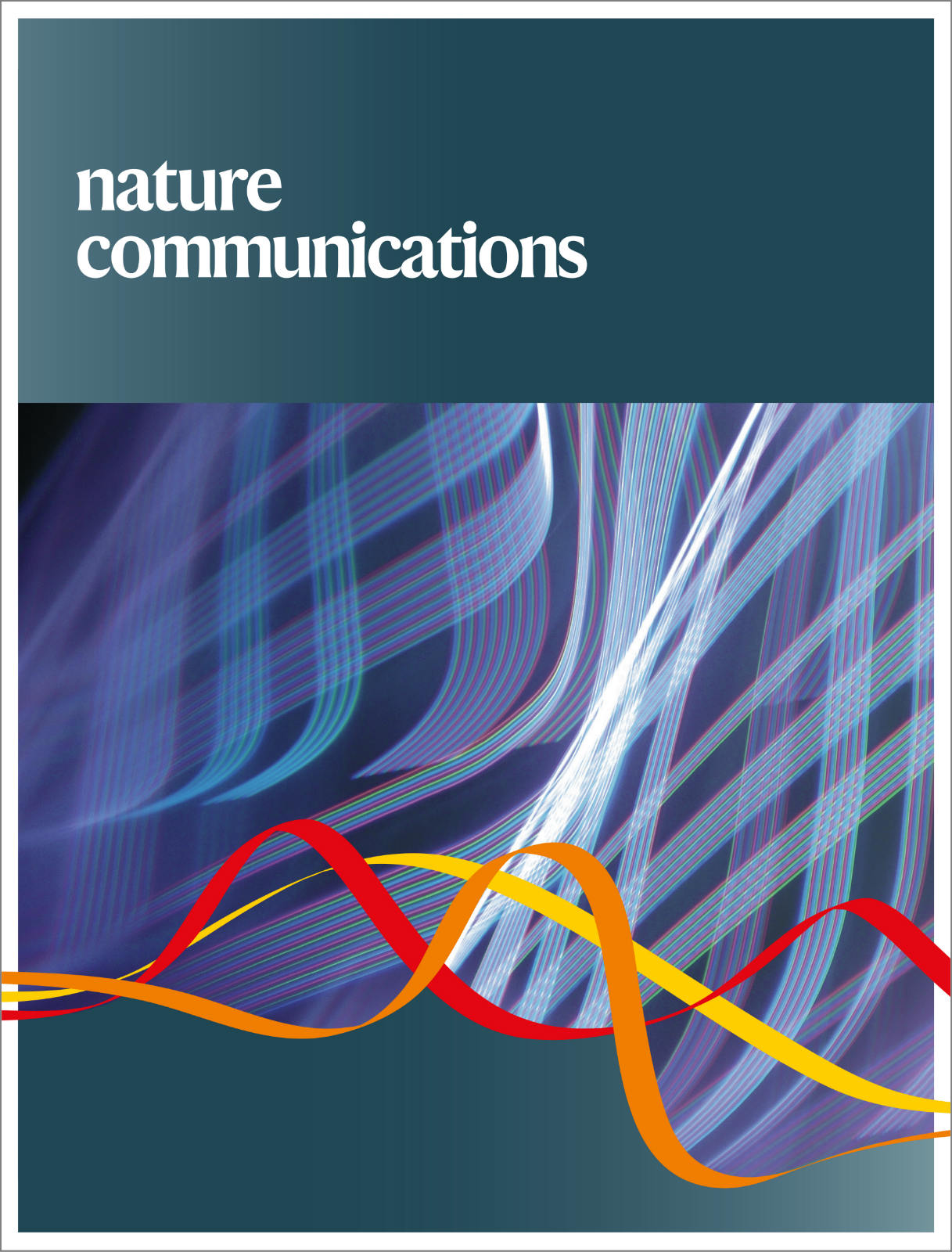纳米体bioPROTAC靶向降解内源性YAP抑制肿瘤进展。
IF 15.7
1区 综合性期刊
Q1 MULTIDISCIPLINARY SCIENCES
引用次数: 0
摘要
Yes-associated protein (YAP)是Hippo通路的关键效应因子,调控基因表达,促进肿瘤发生。YAP通常被认为是“不可治疗的”,然而,靶向蛋白质降解提供了一种有希望的方法来解决与靶向这种致癌蛋白相关的挑战。本研究通过naïve纳米体噬菌体文库筛选,鉴定出多个具有高亲和力和特异性的抗人YAP的纳米体。然后将YAP纳米体融合到RNF4的RING结构域,形成一个生物蛋白水解靶向嵌合体(bioPROTAC)分子,能够选择性地靶向内源性YAP进行泛素介导的降解。值得注意的是,构建的YAP bioPROTAC在体外和体内对各种YAP依赖性癌症均显示出显著的YAP降解和抗癌功效。纳米颗粒和腺相关病毒(adeno-associated virus, AAV)可以有效递送YAP bioPROTAC的编码基因,实现YAP在肿瘤中的降解。总的来说,我们的研究提供了一个概念证明,YAP纳米体-生物protac方法可以通过泛素-蛋白酶体系统有效地降解内源性YAP,突出了“不可药物”的YAP依赖性癌症的可行策略。本文章由计算机程序翻译,如有差异,请以英文原文为准。
Targeted degradation of endogenous YAP by nanobody bioPROTAC inhibits tumor progression.
Yes-associated protein (YAP), a key effector of the Hippo pathway, regulates gene expression and promotes tumorigenesis. YAP is conventionally considered "undruggable", however, targeted protein degradation offers a promising approach to address the challenges associated with targeting this oncogenic protein. In this study, through naïve nanobody phage library screening, we identify multiple nanobodies against human YAP with high affinity and specificity. The YAP nanobody is then fused to the RING domain of RNF4, creating a bio-Proteolysis-Targeting Chimera (bioPROTAC) molecule capable of selectively targeting endogenous YAP for ubiquitin-mediated degradation. Notably, the constructed YAP bioPROTAC demonstrates significant YAP degradation and anticancer efficacy in various YAP-dependent cancers both in vitro and in vivo. Nanoparticles and adeno-associated virus (AAV) can effectively deliver the encoding gene of YAP bioPROTAC, achieving YAP degradation in tumors. Collectively, our study provides a proof-of-concept that the YAP nanobody-bioPROTAC approach can effectively degrade endogenous YAP via the ubiquitin-proteasome system, highlighting a feasible strategy for "undruggable" YAP-dependent cancers.
求助全文
通过发布文献求助,成功后即可免费获取论文全文。
去求助
来源期刊

Nature Communications
Biological Science Disciplines-
CiteScore
24.90
自引率
2.40%
发文量
6928
审稿时长
3.7 months
期刊介绍:
Nature Communications, an open-access journal, publishes high-quality research spanning all areas of the natural sciences. Papers featured in the journal showcase significant advances relevant to specialists in each respective field. With a 2-year impact factor of 16.6 (2022) and a median time of 8 days from submission to the first editorial decision, Nature Communications is committed to rapid dissemination of research findings. As a multidisciplinary journal, it welcomes contributions from biological, health, physical, chemical, Earth, social, mathematical, applied, and engineering sciences, aiming to highlight important breakthroughs within each domain.
 求助内容:
求助内容: 应助结果提醒方式:
应助结果提醒方式:


